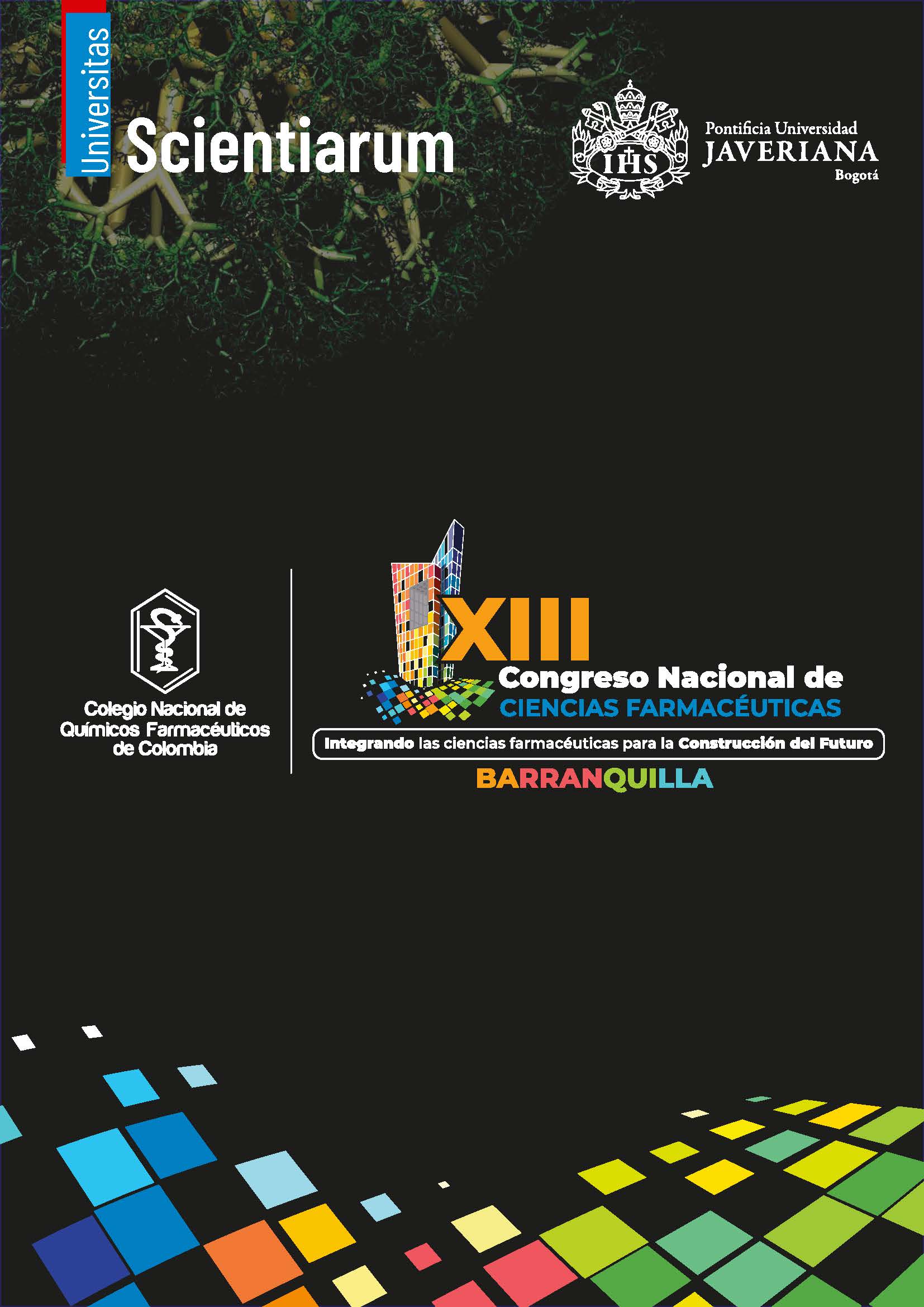Abstract
Currently, one of the treatment options for rheumatic diseases is bFAME biological drugs, which have been fundamental to the management of these pathologies. Patient follow-up programs are presented as a strategy to ensure treatment efficacy by allowing close monitoring of clinical response and promoting treatment adherence, which are essential aspects for therapeutic success in autoimmune diseases. This is a descriptive cross-sectional observational study based on monthly administrative reports of barriers to access, adherence, and safety of a biosimilar product of Adalimumab in 95 naive and switch patients enrolled in the patient program in 2024. Adherence is identified for each
model with a value of 70% for the PYP program and 40% for the patient support program (PSP). Adherence is negatively affected in patients in the subsidized regime, unlike those in the contributory regime, who express greater adherence. However, patients who remained in the PSP showed a high rate of adherence to treatment. Among the interactions with patients, an 85% improvement in health status was observed, with a significantly greater improvement in functional and clinical outcomes in PSP users than in those who are not enrolled. Evidence shows that structured support improves adherence among patients treated with an Adalimumab biosimilar and strengthens the perception of improved quality of life in more than 80% of patients. Thus, the follow-up program is positioned as a key tool to facilitate the transition to the use of biosimilars, optimize healthcare system resources, and ensure sustainable clinical outcomes.

This work is licensed under a Creative Commons Attribution-NonCommercial 4.0 International License.
Copyright (c) 2025 Dayan A. Sánchez Aguilera, Diego A. Galvis Sánchez, Hernan D Torres


